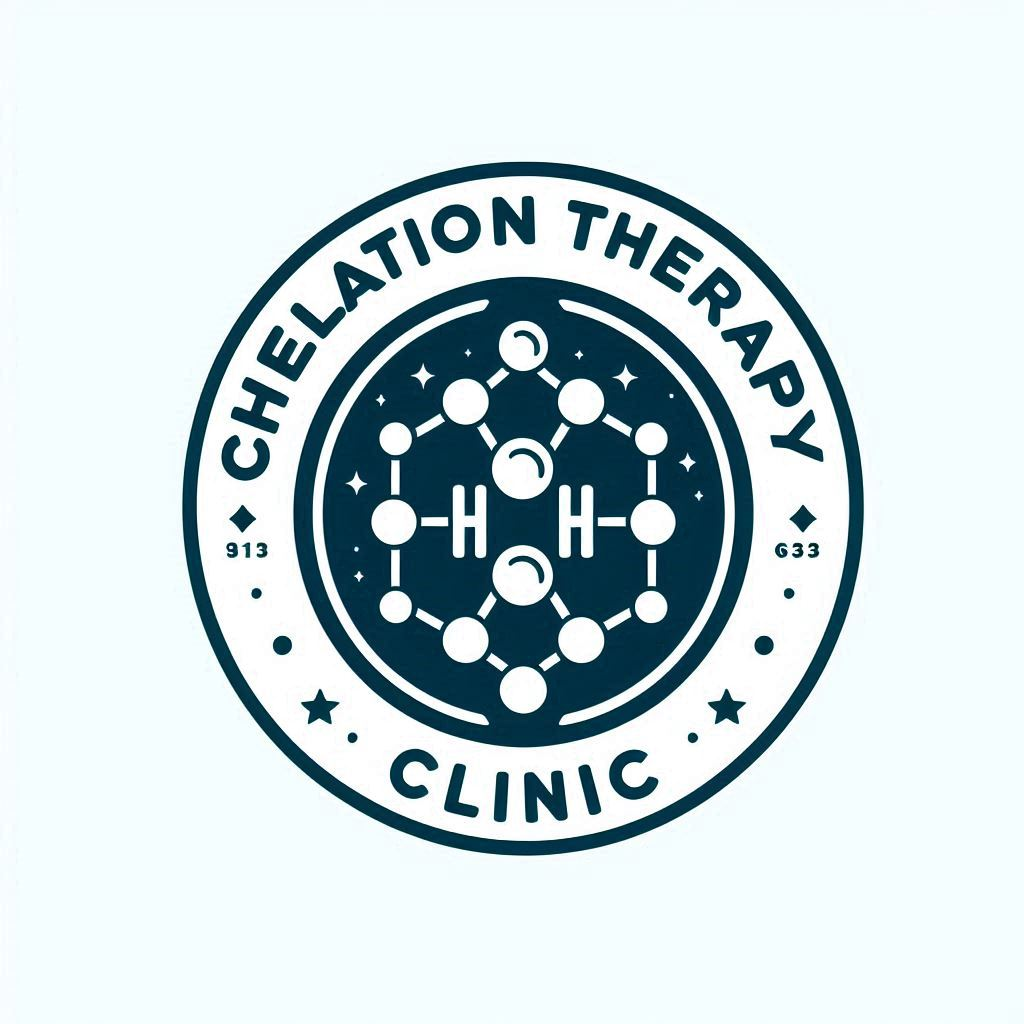Your cart is currently empty!
Iron Chelating

Iron chelating is a medical process designed to address iron overload, a condition where the body accumulates excess iron. While iron is essential for various bodily functions, including oxygen transport and energy production, too much iron can lead to serious health issues. Iron chelation therapy involves the use of chelating agents to bind and remove excess iron from the body, preventing its toxic effects.
Key Aspects of Iron Chelation:
- Iron Overload Disorders: Iron overload can occur in individuals with certain medical conditions, such as hemochromatosis, thalassemia, or sickle cell anemia. In these disorders, the body absorbs more iron than it needs, leading to its accumulation in organs like the liver, heart, and pancreas.
- Chelating Agents: Chelating agents used in iron chelation therapy include substances like deferoxamine, deferiprone, and deferasirox. These agents have a high affinity for iron, forming stable complexes that are then excreted from the body.
- Administration Routes: Iron chelating therapy can be administered through different routes, including oral medications, subcutaneous injections, or intravenous infusions, depending on the specific chelating agent and the patient’s condition.
- Preventing Complications: Iron overload can lead to complications such as liver damage, heart problems, and diabetes. Iron chelation aims to prevent these complications by maintaining iron levels within a normal range.
- Monitoring and Adjustments: Iron chelation therapy requires careful monitoring of iron levels through blood tests. Healthcare professionals adjust the treatment regimen based on the patient’s response and the ongoing need for iron removal.
- Regular Treatment: For individuals with chronic iron overload conditions, iron chelation therapy may be a lifelong treatment. The frequency and intensity of therapy may vary based on the severity of iron overload and the patient’s overall health.
- Potential Side Effects: While generally considered safe, iron chelating therapy may have side effects, including gastrointestinal issues, changes in urine color, or, in rare cases, more serious complications. Close medical supervision is essential to manage potential adverse effects.
- Improving Quality of Life: Iron chelation plays a crucial role in improving the quality of life for individuals with iron overload disorders. By preventing complications associated with excess iron, patients can lead healthier and more active lives.
Iron chelation is a specialized therapeutic approach that highlights the importance of maintaining iron balance in the body. Through careful management, individuals with iron overload disorders can effectively mitigate the risks associated with excessive iron accumulation.
